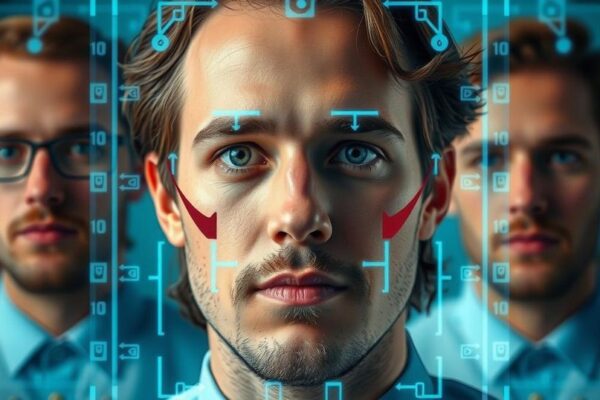
DOGE Joins Forces with Homeland Security in Biometric Upgrade Efforts
The Department of Government Efficiency has integrated DOGE into Homeland Security’s biometrics operations at OBIM, discussing future programs like HART and IDENT. While HART aims to modernize existing systems, issues with IDENT’s infrastructure persist. The recent shift in management and structure aims to put HART back on track, targeting initial operating capacity by 2027 amid…









